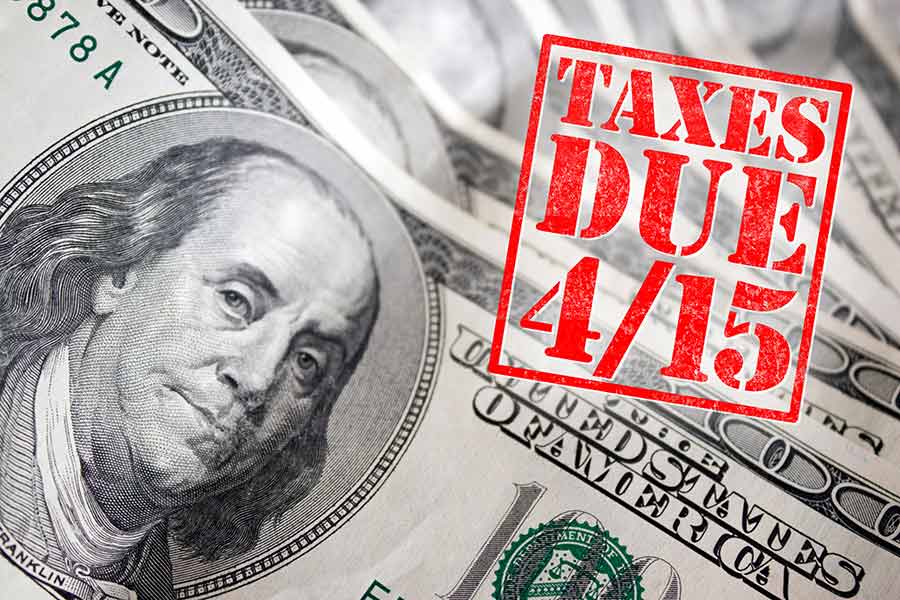Tax returns for 2017 are due on Tuesday, April 17, 2018. Do you need to file a tax return? It depends on your income, age, filing status, and a few other factors. Generally, if you earned more than the standard deduction plus one exemption, you need to file, but here are the specifics.
Need to File a Tax Return
If you are in the following categories and your income is over the listed amount, you need to file a tax return for 2017.
- Single under 65 — $10,400
- Single over 65 — $11,950
- Head of household under 65 — $13,400
- Head of household over 65 — $14,950
- Married filing jointly under 65 — $20,800
- Married filing jointly one spouse over 65 — $22,050
- Married filing jointly both spouses over 65 — $23,300
- Married filing separately (any age) — $4,050
- Qualifying widow/widower under 65 with dependent child(ren) — $16,750
- Qualifying widow/widower over 65 with dependent child(ren) — $18,000
This applies to income earned from a job but also to capital gains. If you sold stocks, property, or other assets and earned money from the sale, you may need to file even if you don’t have any earned income. To determine if you’re over 65, the IRS uses your age on January 1, 2018.
Filing Rules for Dependents
If someone claims you as a dependent on their return, the filing thresholds are different. Usually, this happens if you’re a minor, but it can also apply if you’re an adult being taken care of by another taxpayer.
The thresholds for dependents are different for earned income (money earned from a job or running your own business) and unearned income (money from stocks, bonds, or other investments). If you are a dependent and you earn over the following amounts, you need to file a tax return.
- Single under 65, not blind with unearned income over $1,050 or earned income over $6,350
- Single over 65 or blind with unearned income over $2,600 or earned income over $7,900
- Single over 65 and blind with unearned income over $4,150 or earned income over $9,450
- Married under 65, not blind with unearned income over $1,050 or earned income over $6,350
- Married over 65 or blind with unearned income over $2,300 or earned income over $7,600
- Married over 65 and blind with unearned income over $3,550 or earned income over $8,850
Other Cases Where You Need to File
Regardless of your filing status or income level, there are a few other situations where you have to file a tax return. If any of the following statements apply to you, you should file:
- You have self-employment income over $400.
- You are entitled to a credit through the Affordable Care Act.
- You received $108.28 or more in wages from a church or related organization that is exempt from payroll taxes.
- You used an HSA, Archer MSA, or Medicare Advantage MSA plan to cover medical expenses.
- You made excess contributions to an MSA.
- You took early distributions from an IRA.
- You didn’t take the minimum required distribution amounts from your retirement account.
Even if you’re not required to file a tax return, you may want to file a tax return anyway. In particular, if you think you might qualify for a refund, you should file.
When to File State Returns
Generally, if you don’t need to file a federal tax return, you don’t need to file a state one either, but there are exceptions. Check the rules in your state to determine whether or not you need to file.
If you are required to file a tax return, you should always file, even if you don’t have money to pay your tax bill. The fee for not filing is much bigger than the fee for not paying, and the IRS will usually let you make payments on your taxes owed.



Leave a Reply
You must be logged in to post a comment.